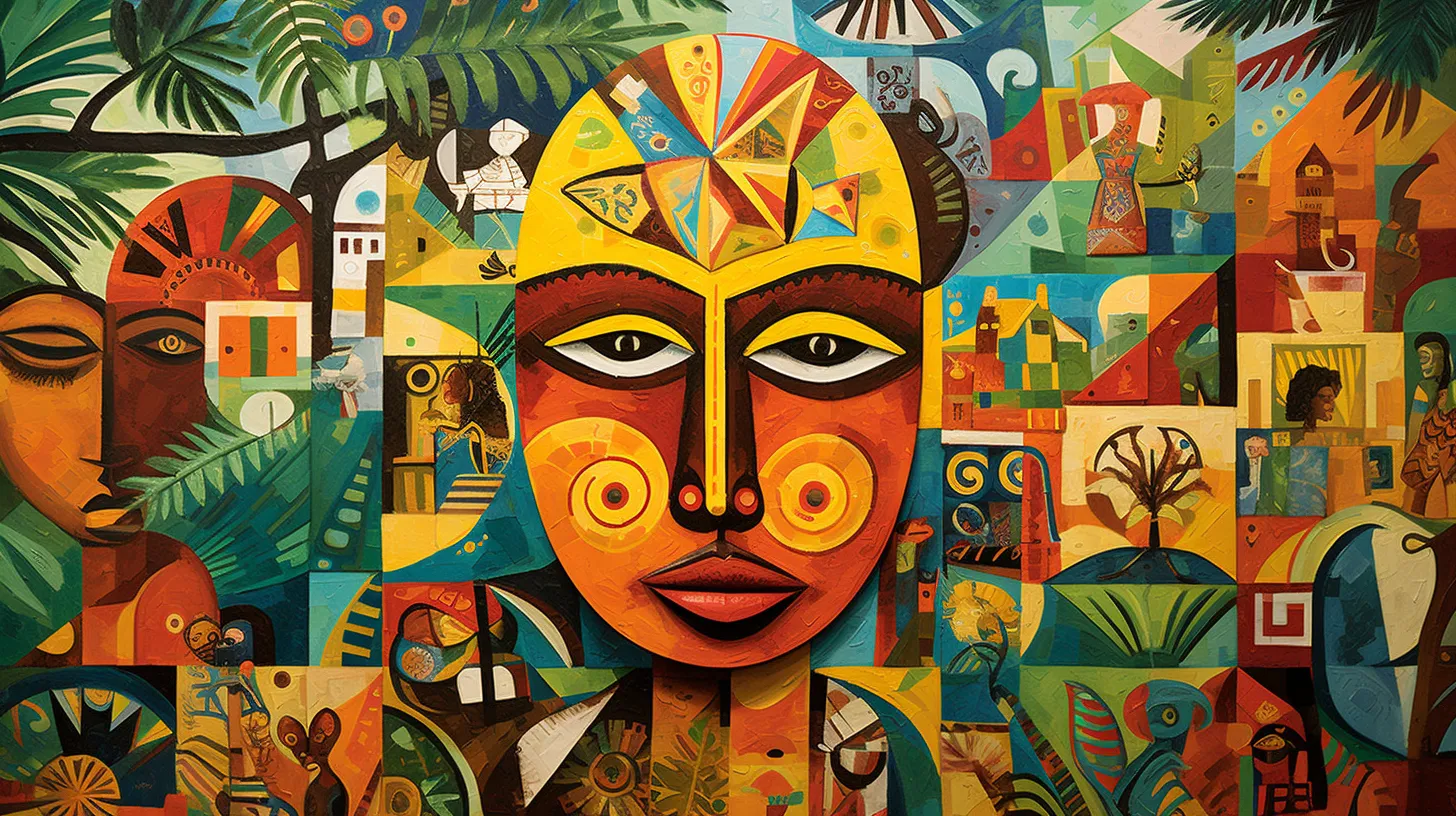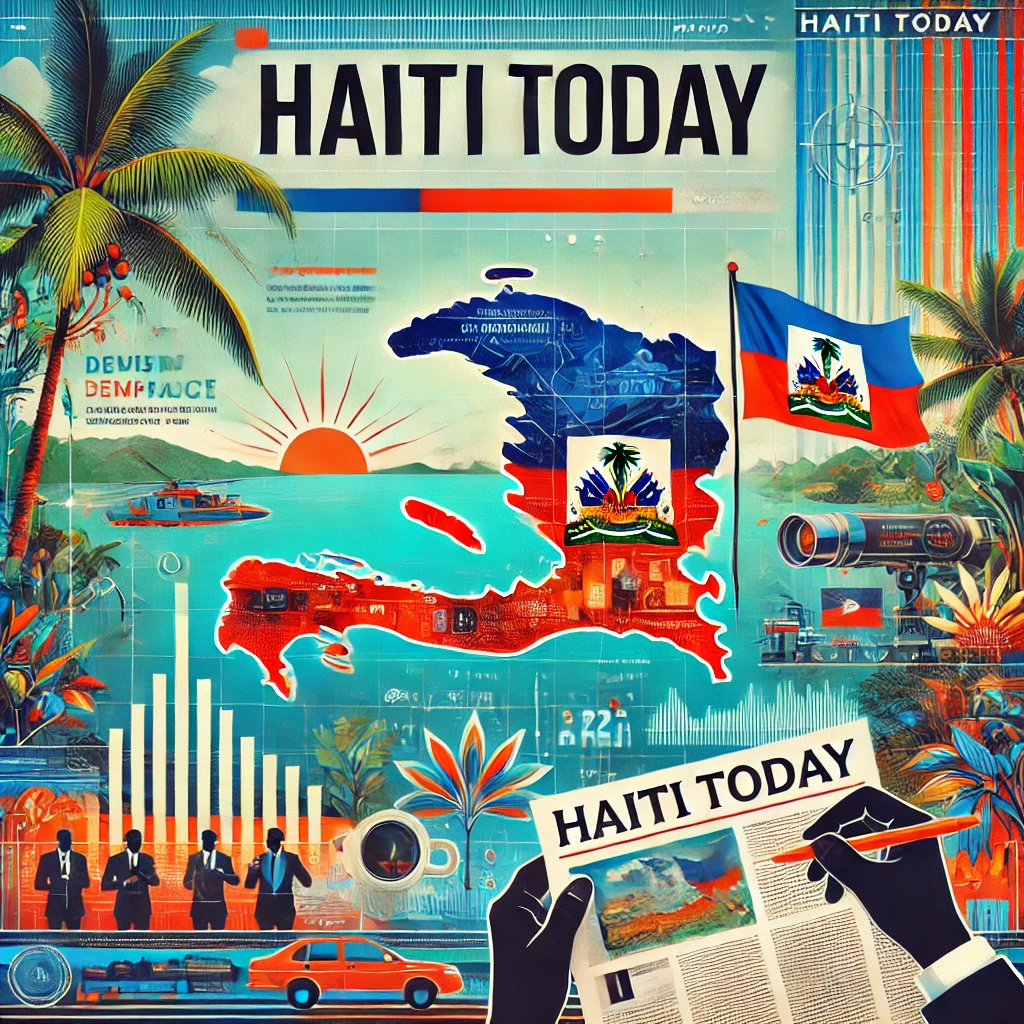Haitians do not commonly refer to themselves as Latino, despite sharing historical and cultural ties with Latin America. The term ‘Latino’ typically encompasses people from Central and South America, as well as certain Caribbean countries, but it is not widely used by Haitians to describe themselves.
Instead, they often identify as Haitian or Haitian-American, reflecting their unique cultural heritage and national identity. This distinction underscores the diverse and complex nature of identity within the broader Latino and Caribbean communities.
Historical Background of Haitian Identity

The historical background of Haitian identity is shaped by a complex interplay of geographical, cultural, religious, and language factors, as well as the impact of colonization and significant historical figures.
The migration of Haitians to the Dominican Republic, starting in the 1930s, and the subsequent Parsley Massacre of 1937, created a significant rift between the two nations, influencing the historical background of Haitian identity. Changes in Dominican citizenship laws, such as the 2013 invalidation of the citizenship of Haitian Dominican descendants, have further impacted this historical background.
Moreover, influential historical figures like Toussaint Louverture have left a lasting imprint. Geographical, cultural, religious, and language factors have also played a substantial role in shaping the historical background of Haitian identity.
Understanding this complex history is crucial, especially during Hispanic Heritage Month, as it sheds light on the experiences of Haitian Americans within the broader Latin American context.
Cultural Influences on Haitian Self-Perception

In light of the historical background of Haitian identity and its impact on the broader Latin American context, cultural influences have played a significant role in shaping Haitian self-perception.
The cultural influences on Haitian self-perception are multifaceted. For instance, the language spoken and the dominant cultural practices in the environment where Haitians reside heavily influence their self-perception. Many Haitian Dominicans, for example, only communicate in Spanish and have limited knowledge of Haitian Creole, which affects their cultural identity.
Additionally, the inclusion of Haitian Dominicans in Hispanic culture is crucial as they’re part of the Hispanic diaspora and have experienced Hispanic culture and influence, further shaping their self-perception.
Furthermore, birthplace and upbringing heavily impact culture, nationality, beliefs, and values, allowing Haitian Dominicans the right to claim their nationality and culture, impacting their self-perception.
These cultural influences highlight the complexity of Haitian self-perception and its connection to broader Latin American contexts.
Social Dynamics and Interactions With Latino Communities

Haitian Dominicans actively engage with Latino communities, fostering cultural exchange and shaping their social dynamics. Their interactions abroad often lead to the sharing of traditions, language, and customs, contributing to a rich tapestry of multicultural influence.
Through these interactions, Haitian Dominicans find common ground with other Latino communities, creating opportunities for mutual understanding and collaboration. This engagement also allows for the celebration of shared heritage and the formation of strong social bonds across different cultural backgrounds.
In turn, these interactions abroad play a crucial role in breaking down barriers and fostering a sense of unity among diverse Latino communities. As a result, the social dynamics between Haitian Dominicans and Latino communities are continually evolving, creating a more inclusive and interconnected cultural landscape.
Perspectives on Afro-Latinidad and Haitian Identity

While exploring perspectives on Afro-Latinidad and identity, it’s important to acknowledge the diverse cultural influences shaping the Haitian Dominican community.
The intersectional experiences of Haitian Dominicans are deeply rooted in both Afro-Latinidad and their Haitian heritage. This community has a unique position within the Latin American diaspora, embodying a blend of African and Latin American cultural elements.
Their identity is shaped by the complexities of being part of the Hispanic diaspora while also maintaining strong ties to their Haitian roots. Understanding and recognizing the Afro-Latinidad within the Haitian Dominican community is crucial for embracing the richness and diversity of their experiences.
Contemporary Discourse and Self-Identification Trends

Contemporary discourse among Haitian Dominicans reflects an evolving trend in self-identification within the Latino community. The representation of Haitian Dominicans has become a focal point in discussions about Latino identity.
Many Haitian Dominicans are increasingly asserting their right to be recognized as part of the Latino community due to their heritage from a Latin American country and their upbringing in a Spanish-speaking environment. This trend challenges traditional definitions and biases, emphasizing the importance of acknowledging the diverse cultural backgrounds within the Latino community.



